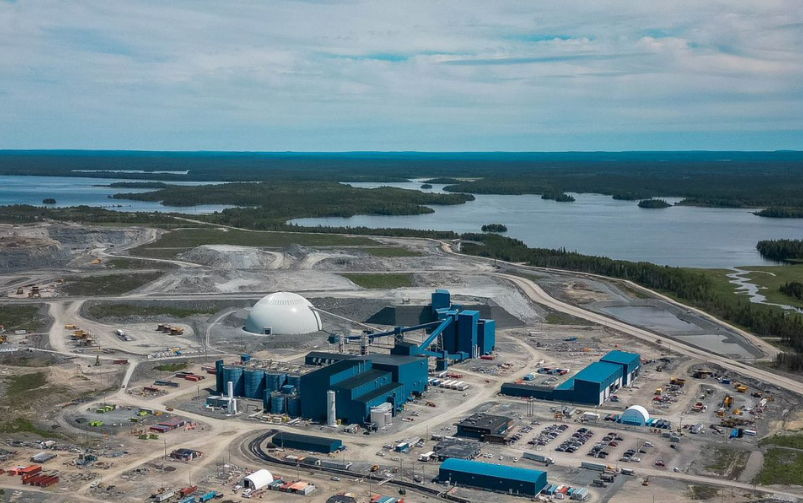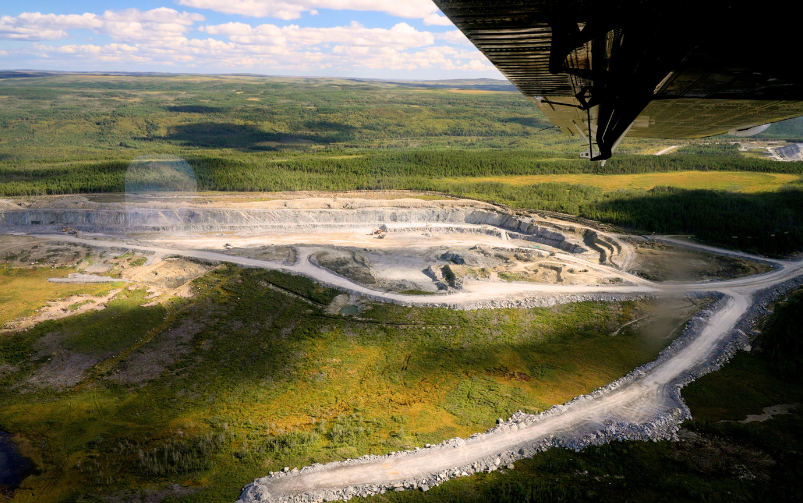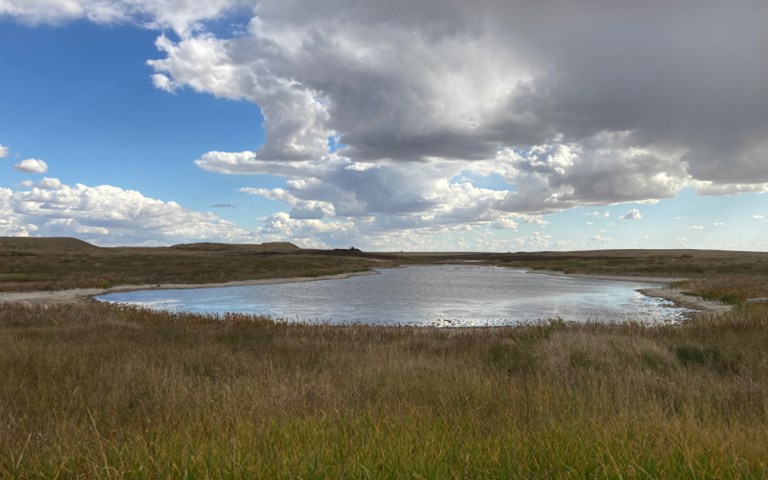The former Sheerness coal mine in Alberta is well on its way to reclamation, with constructed wetlands sitting where coal pits used to be. Photo by Silvia Pikal.
According to ICMM, mine closure is “one of the most significant industry challenges facing mining companies, communities and governments around the world” and very few mining companies globally have achieved the milestone of a closure certificate followed by transferring the mine site to a government or the next landowner.
With hundreds of mines expected to close around the world in the next decade, along with the projected demand for critical minerals putting pressure on the mining sector to develop more projects, the issue will only grow more urgent. All of this means that mine closure requires an educated workforce prepared to tackle the challenge.
A new program offered by the Bradshaw Research Institute for Minerals and Mining (BRIMM) at the University of British Columbia (UBC) called the Leadership in Sustainable Mine Closure Program is aiming to help close the knowledge gap that exists when it comes to closure and its many components, which include everything from community engagement and Indigenous relations, to water and tailings management and financial planning.
The program is a result of a partnership between UBC’s BRIMM, Australia’s Curtin University, Rio Tinto and Ernst & Young (EY), and aims to educate workers about the best practices for ethical, sustainable and socially responsible mine closure. The program incorporates case studies and learnings from mine closure professionals, academics and researchers, and consults with industry and First Nations and Indigenous Peoples in Canada and Australia on course content through its advisory board.
Clara Araujo, program manager for BRIMM, said that the program was an industry response to the gap in capacity, knowledge and understanding of the complexity of mine closure and the impact that closure has not only on the environment but also on people. The goal of the program, she said, is “to contribute to an industry that understands and actually plans, and implements, for responsible closure—from the beginning of operations to the end. Because closure is often something that's tackled as, ‘We're going to have to close in five years, what should we do?’ But that is never successful, that is never responsible or sustainable. So really [the goal is] having closure as being planned out from the very beginning.”
The program’s inaugural course, New Perspectives on Mine Closure, examines the social and environmental dimensions of closure, and provides an overview of the best practice frameworks for closure. It was first piloted by 35 employees from Rio Tinto and EY from ten different countries before it was officially launched in September 2023.
The first course is running two more times this year, from June 10 to July 19 and Sept. 16 to Oct. 25. Each course is offered remotely and includes a mix of live sessions, online readings, activities and assessments. The live sessions are presented by Jocelyn Fraser, a lecturer and senior researcher at UBC’s Norman B. Keevil Institute of Mining Engineering who also leads a working group on community engagement for CIM, and Andre Xavier, an honorary professor at the same institute, and senior manager of natural resources management and sustainable development at the Canadian Executive Service Organization (CESO), an international economic development organization.
Araujo said the courses are not only targeted to mining industry professionals, but would be useful to aspiring mining engineers, government representatives and First Nations and Indigenous communities impacted by mine closure.
The remaining three courses of the program are currently in development and will tackle the environmental and technical aspects of closure, topics on First Nations and Indigenous Peoples in the context of closure and post-mining land use, infrastructure and transition. Each course runs for six weeks and will be offered several times a year.
The Indigenous-focused course will be taught by both Curtin and UBC and will include instructors who provide an Australian First Nation perspective and a Canadian Indigenous perspective.
“It’s really going to be based on storytelling,” Araujo said. “We're going to work with Elders of different nations, and [examine] the implications that mining has on the land, on the culture, on the spirit, on all the different aspects—air, water, biodiversity—[with teachings] from Indigenous instructors, while also focusing on global frameworks, like the UNDRIP [United Nations Declaration on the Rights of Indigenous Peoples].”
The cost of the New Perspectives on Mine Closure course is $949 and learners can register online. The program is also in the process of developing scholarships for Indigenous learners.
“The goal of this program is to create an industry—and by industry, I don't mean only companies, I mean right holders, everyone that is involved in mining—that really understands and plans and works towards responsible, effective, ethical mine closure,” she said.




